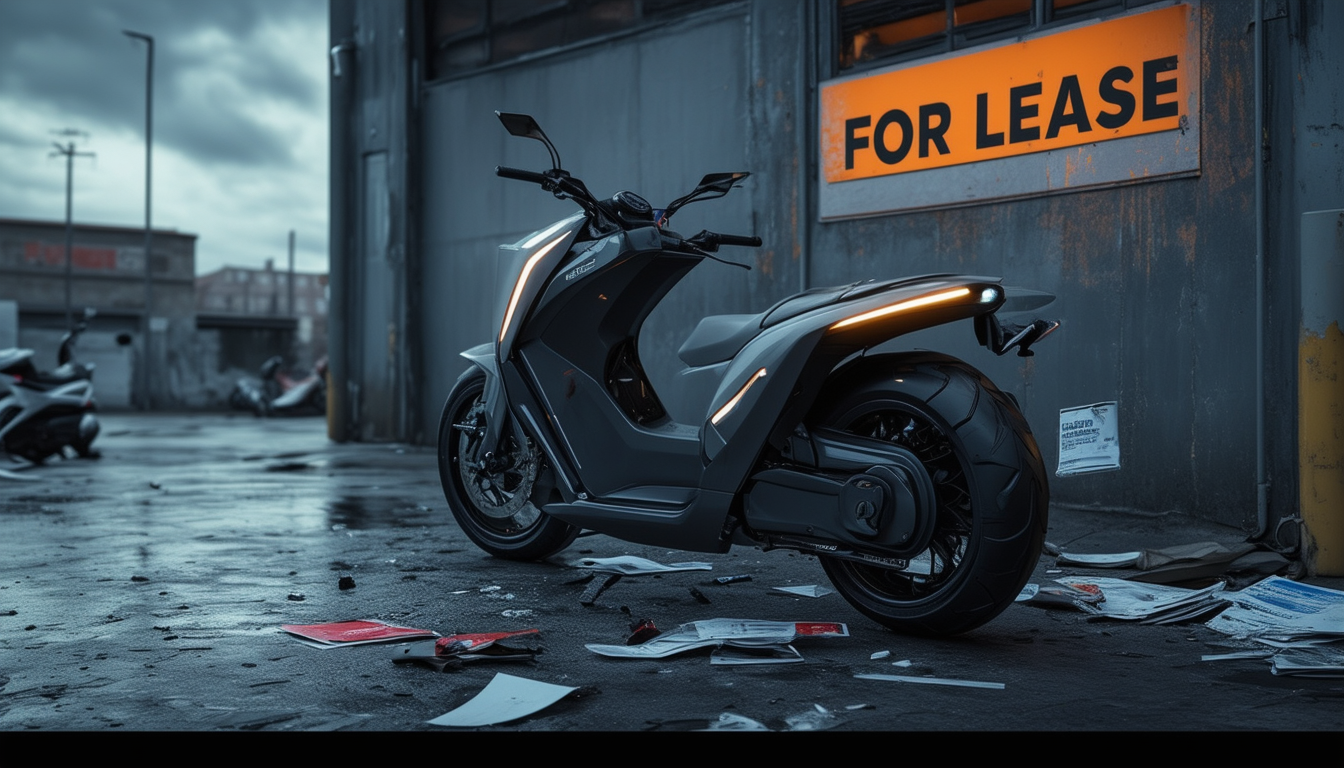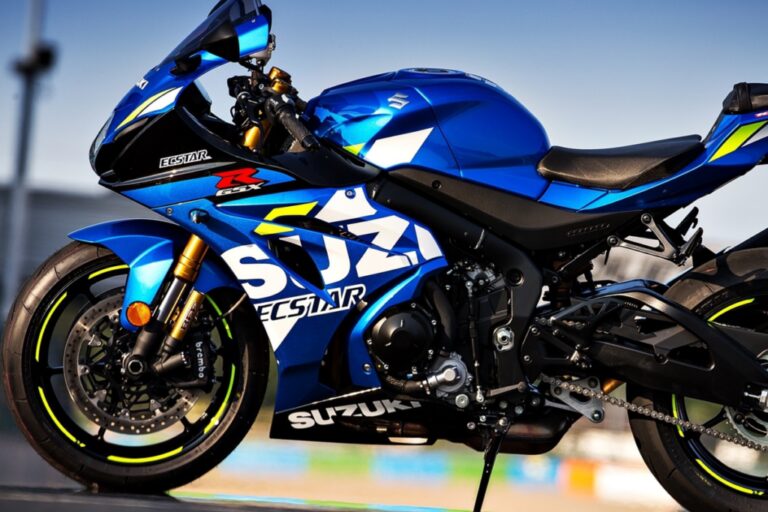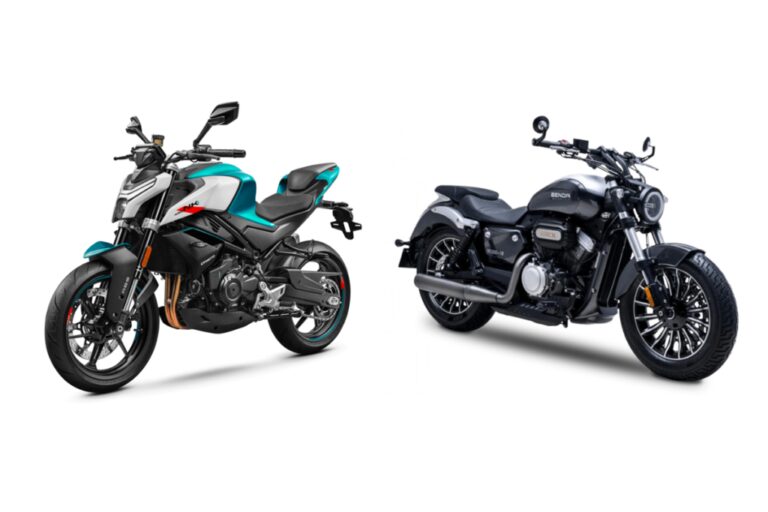Yet Another Electric Motorcycle Startup Shutters, Adding to the Growing List of Failures

The landscape of the electric motorcycle industry has become increasingly precarious, with new startups emerging only to face harsh realities. Yet another electric motorcycle company has succumbed to the challenging market conditions, contributing to a troubling trend of financial failures in this space. From ambitious beginnings often fueled by crowdfunding, these startups frequently find themselves unable to meet expectations, leaving both the companies and their customers in a state of uncertainty.
The electric motorcycle industry has been hit hard recently, with yet another startup ceasing operations, marking a significant trend of failures among companies striving to revolutionize the biking landscape with innovative electric technology. As these new entrants grapple with market realities, many are falling short, leaving consumers disillusioned and financial backers in the lurch.
The Rise and Fall of Innovative Dreams
In a world eager for sustainable transportation solutions, electric motorcycles have emerged as a buzzy alternative for adventure enthusiasts. Companies like Fuell and Energica painted a vivid picture for customers with promises of futuristic designs and cutting-edge performance. However, despite enthusiastic pre-orders and crowdfunding efforts, many of these companies failed to deliver on their ambitious promises. Their narrative frequently follows a familiar path: the initial delight of innovation quickly gives way to disillusionment when financial struggles take a toll.
The Allure of Pre-Orders
One significant aspect of the troubling trend in the electric motorcycle sector has been the rise of pre-orders. Customers are often drawn to the ideal of being early adopters of groundbreaking technology, providing funding crucial to launching production. Nonetheless, when these companies encounter financial difficulties or logistical challenges, pre-order customers find themselves in an indefensible position—waiting for a product that may never materialize.
Bankruptcy and Disillusion
Recent news about the bankruptcy filings of multiple electric motorcycle startups has shaken an already fragile industry. Fuell, once hailed as an innovative player in the e-mobility market, has become a cautionary tale. After promising a range of electric bikes and an advanced electric motorcycle, the reality of production costs and market competition proved overwhelming. Their promise to deliver their flagship model, the Fllow, became an empty echo as time slipped away, leading to bitter disappointment among enthusiasts.
The Implications for the Industry
The electric motorcycle industry is not only witnessing the collapse of startups but also feels the ripple effects reaching larger, established players. Companies such as KTM and Harley-Davidson are facing their own struggles due to a tightening market. As consumers cut back on recreational spending, the demand for riskier investments, such as unproven electric motorcycles, diminishes. This scenario forces companies to reevaluate their strategies moving forward.
Lessons from the Failures
These failures serve as a stark reminder of the need for sustainable business models within the electric motorcycle space. Startups must be vigilant in assessing market conditions and recognizing the fiscal realities that accompany ambitious projects. While innovation is crucial, ensuring a solid foundation—both financially and operationally—is vital in a market that is becoming increasingly competitive.
Facing the Future of Electric Motorcycles
As the electric motorcycle landscape shifts, it illustrates the necessity for companies to prioritize dependable and accessible mobility options. Customers are becoming wary of new entrants that lack a solid track record. Instead of focusing solely on high-end technology and futuristic designs, there is an evident demand for reliability and affordability. The challenge remains for both new and established enterprises to strike a balance that fulfills consumer expectations while navigating the tumultuous economic climate.
In recent months, the electric motorcycle industry has faced a troubling trend with numerous startups falling flat. Despite initial excitement and financial backing, companies are now shuttering their operations due to a host of challenges, ranging from funding shortages to market fluctuations. This unfortunate reality raises questions about the sustainability of electric motorcycle ventures in a competitive landscape.
Understand the Risks of Investing in Startups
Investing in a startup, especially in the electric motorcycle sector, comes with inherent risks. As seen with recent failures, things might look promising initially, but market conditions can turn quickly. It’s essential to conduct thorough research into the company’s leadership, financial health, and market strategy before committing any funds.
Keep an Eye on Financial Backing
A company’s ability to maintain operations often hinges on its financial backing. Startups that secure significant crowdfunding or venture capital may have an advantage, but this funding can also dry up if the company fails to meet expectations. Monitoring funding trends and understanding cash flow management is crucial for both investors and consumers.
Evaluate the Market Demand
The success of electric motorcycles is largely dictated by consumer demand. During economic downturns or when budgets tighten, potential buyers are less likely to invest in new technologies, opting instead for proven products. Understanding the market landscape and consumer behavior is vital for startups aiming to succeed in this sector.
Focus on Product Viability and Accessibility
For electric motorcycle startups to thrive, they must prioritize product viability and accessibility. This means developing models that not only catch the eye but also prove reliable, affordable, and practical for everyday use. Startups should conduct market surveys and gather consumer feedback during the development phase to ensure their products meet real-world needs.
Learn From the Experiences of Others
The current wave of failures presents a wealth of lessons for future ventures. By analyzing the reasons behind these closures, new startups can avoid making similar mistakes. Are they underestimating market competition? Failing to engage with their community? Understanding these pitfalls can increase the chances of success in an unpredictable industry.






